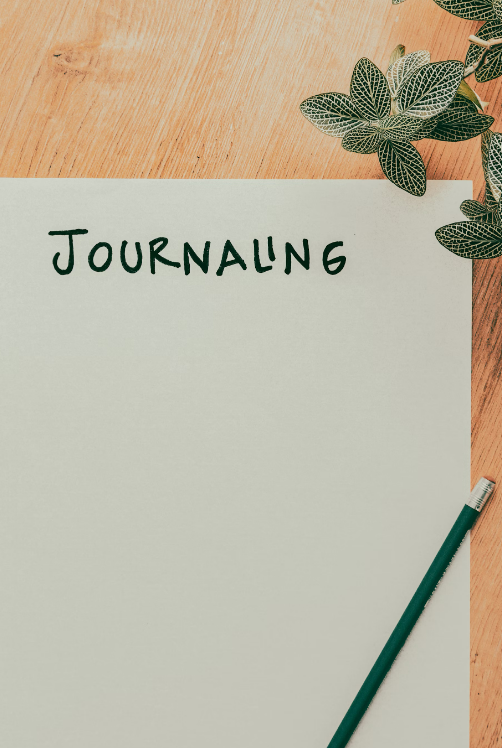Journaling is a simple yet transformative habit that can help you reflect, process emotions, and spark creativity. Whether you’re jotting down daily events, exploring your thoughts, or brainstorming ideas, keeping a journal is like having a personal space to connect with yourself.
Why Journaling is Powerful
Boosts Mental Clarity
Writing down your thoughts helps organize them, making it easier to understand and solve problems.Reduces Stress
Journaling is a therapeutic outlet for processing emotions, which can lower anxiety and promote emotional balance.Encourages Self-Awareness
Reflecting on your feelings, actions, and patterns can lead to deeper insights about yourself.Enhances Creativity
The act of free-writing unlocks creative ideas and allows your imagination to flow freely.Creates a Record of Growth
Revisiting old entries helps you see how far you’ve come, offering perspective and motivation.
How to Start Journaling
Choose Your Format
- Physical Notebook: A classic choice for tactile writing.
- Digital Apps: Apps like Day One, Notion, or Evernote offer convenience and searchability.
Set a Routine
- Decide on a time that works for you, whether it’s morning reflections or winding down at night.
- Start with 5-10 minutes daily to build the habit.
Pick a Style That Suits You
- Free Writing: Pour out your thoughts without worrying about grammar or structure.
- Prompt-Based: Use journaling prompts to guide your entries (e.g., "What made me happy today?").
- Gratitude Journaling: List things you’re thankful for to cultivate positivity.
Ideas to Write About
- Daily highlights or challenges
- Personal goals and progress
- Inspirational quotes and their impact on you
- Dreams and aspirations
- Lessons learned from past experiences
- Things you’re grateful for
Tips for Effective Journaling
- Be Honest: Write without judgment—this is your space.
- Stay Consistent: The habit matters more than the length or quality of your entries.
- Experiment: Try doodling, bullet points, or even poetry to make it fun.
- Keep It Private: This is for you, so don’t feel pressured to share it with anyone.
Benefits You’ll Notice Over Time
- Improved emotional resilience
- Better focus and decision-making
- A clearer sense of purpose and direction
- A creative outlet to explore ideas and thoughts
Final Thoughts
Journaling isn’t about perfection—it’s about showing up for yourself. Whether you write a single sentence or pages of thoughts, the act of putting pen to paper (or fingers to keyboard) is a step toward self-discovery and personal growth.


